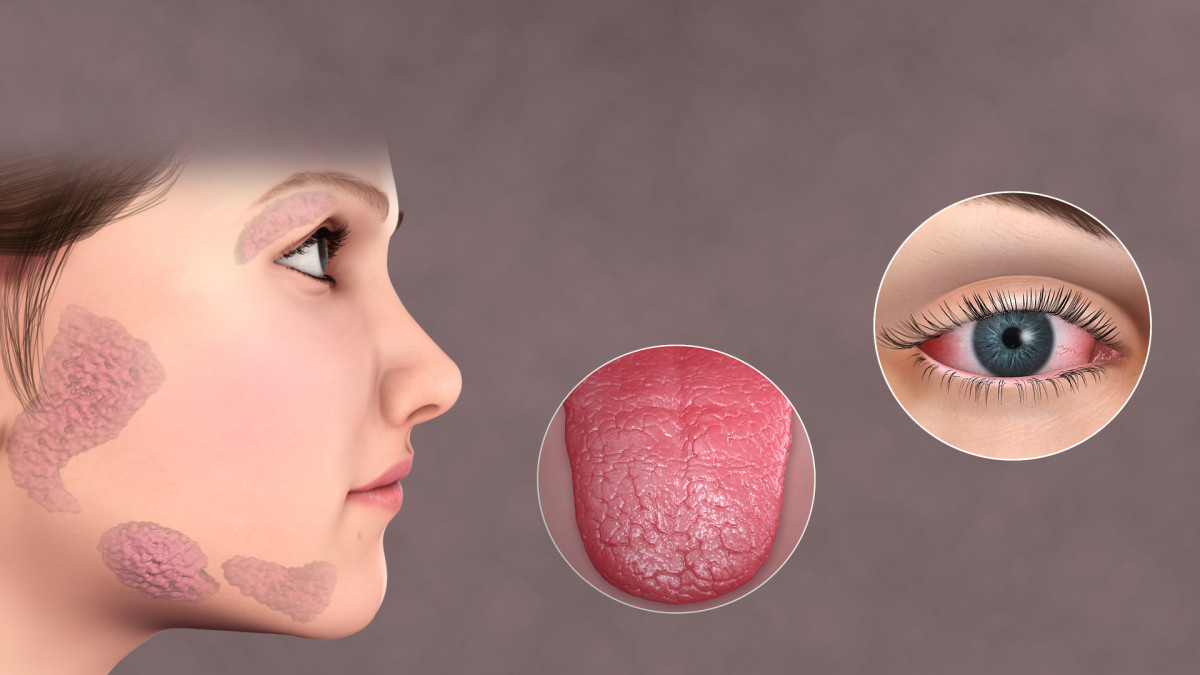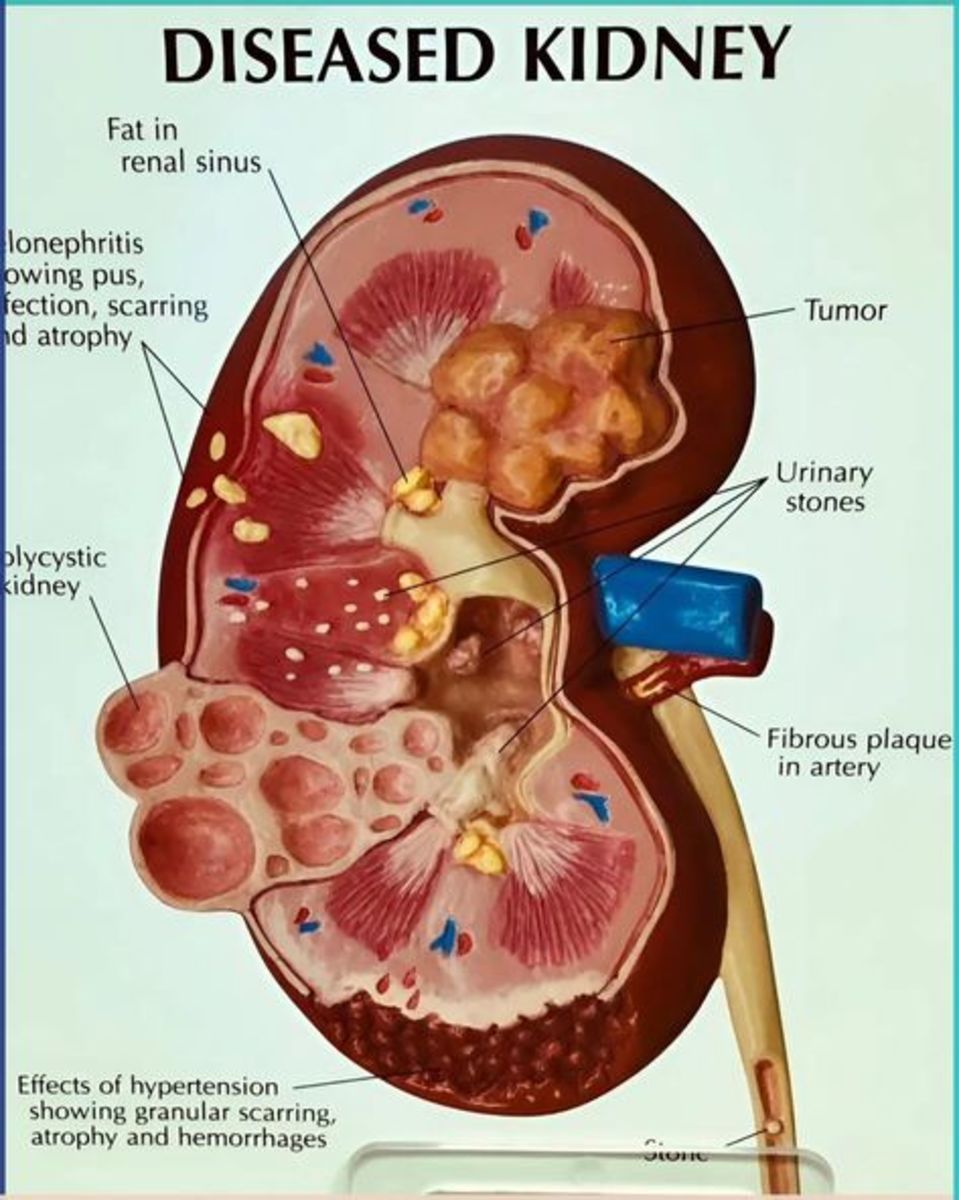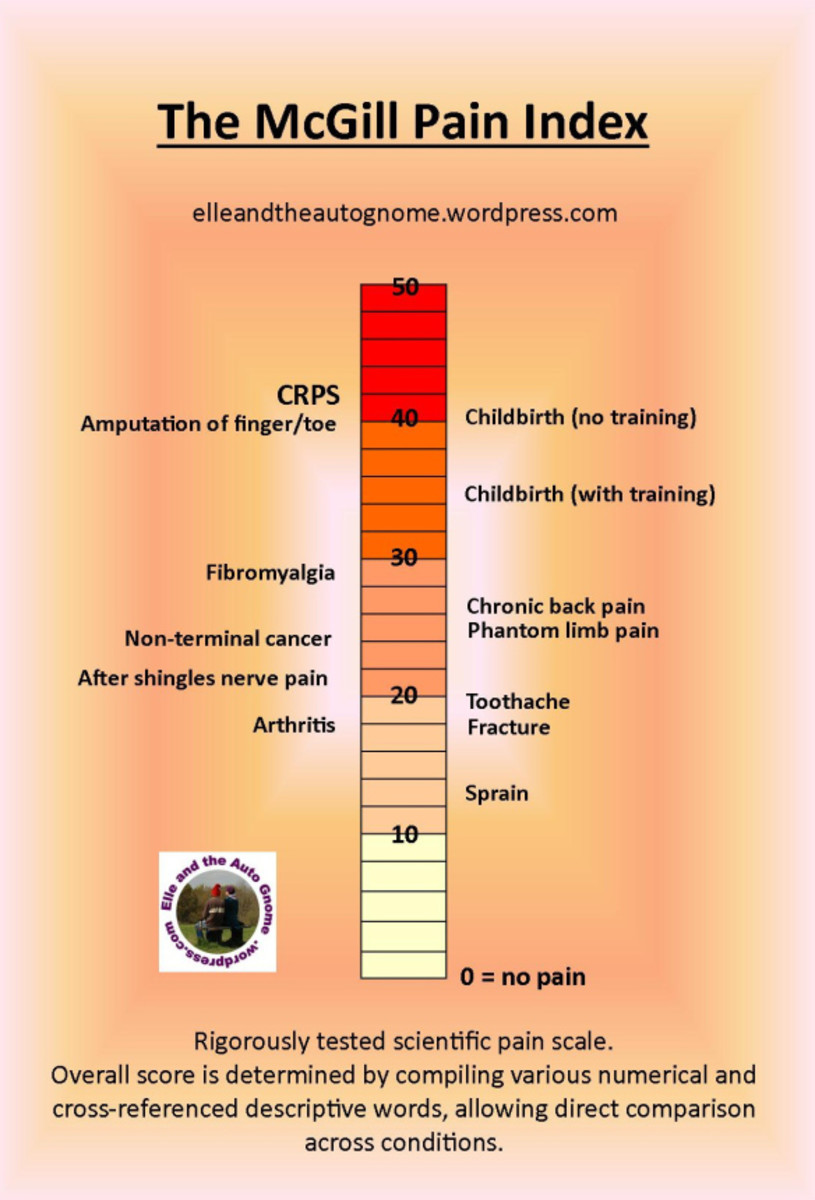How to Predict a Disease with the Disease's Symptoms

The human body is a miracle worker in itself. It is able to perform thousands of tasks simultaneously without once making a mistake. Whenever the body is not feeling 100%, symptoms of the particular problem arise. If you know what to look for, it may be fairly simple to predict said disease.
Signs and Symptoms
So, what is the difference between a sign and a symptom? A sign is objective. A symptom is subjective. A sign can be detected by someone else other than the person with the disease. A symptom is what the person with the disease can feel.
An example of a symptom is a headache. Not even the best doctor in the world is able to know if someone has a headache unless prior informed.
An example of a sign is a rash. Visible to all, a rash can be examined by an outside source and determined as per the problem. If only the patient knows about it, then it is considered to be a symptom.
With this new found knowledge, predicting diseases using symptoms may be easier than initially anticipated. While trying to assess the situation, make a two column list. On one side list all the signs and on the other side all the symptoms. Start filling up the paper, and do not be afraid to write anything abnormal. It is vital to assure all the symptoms are correctly and properly noted because symptoms are more important to try to figure out the disease. Double check everything.
Now that we have a complete list written up, it is time to play a game of doctor. Start by comparing signs with symptoms to see if one is the cause of the other. If the disease is visible, look at pictures of epidermal diseases and compare accordingly. Most of the time, a picture is worth a thousand words. However, check the symptoms to be sure.
It is not vitally important to check every single symptom, as only the common ones are usually accurate. Since the human body is unique for everyone, strange symptoms can occur at any time.
By now the problem should be assessed, but the disease still remains intact and unharmed. Sometimes simple over-the-counter (or OTC) drugs can eliminate the disease. Other times, prescribed medications from a specialist are necessary. When dealing with how to predict situations, past experience will help tremendously. Feel free to store away the list created during the process of prediction for a rainy day!








